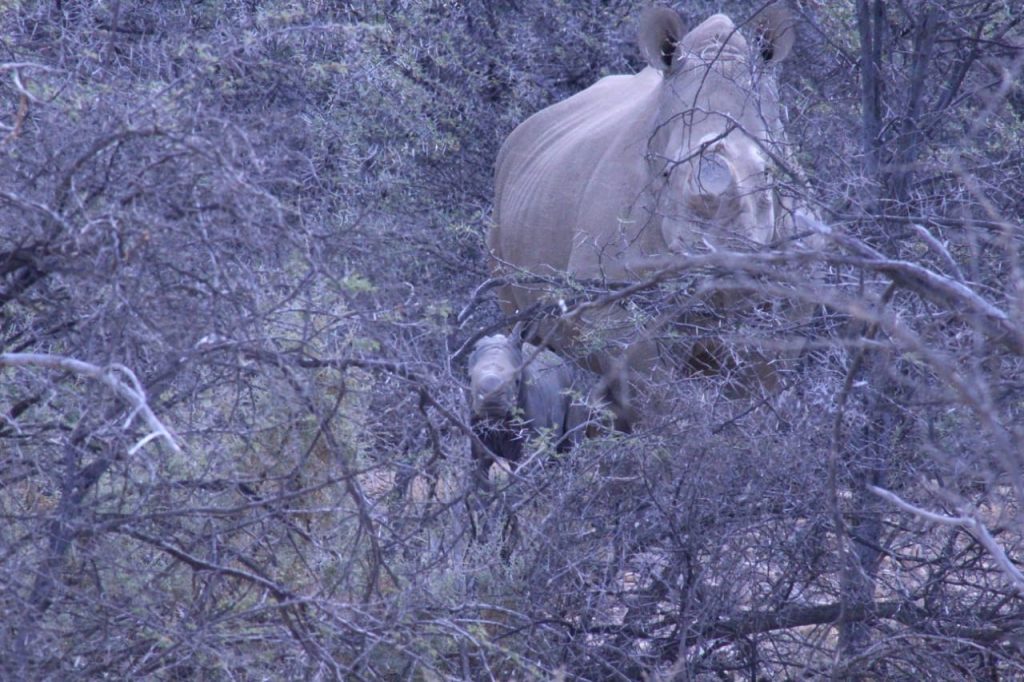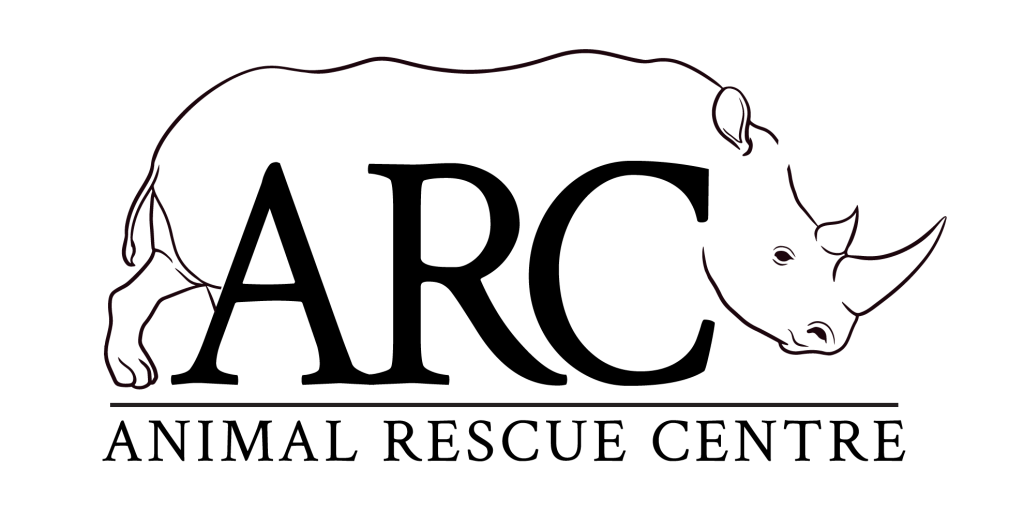Cape Town, January 01, 2016
In a heart-wrenching yet inspiring turn of events, the dedicated conservation teams at Aquila Private Game Reserve set out to save an orphaned rhino calf as the New Year commenced. As they desperately tried to separate the calf from a male rhino, who showed an unusual attachment to the newly-abandoned calf, a heroic rescue unfolded at the reserve.
Initial attempts to coax the male rhino away from the calf were met with disappointment, leading the team to prepare for a risky but necessary step – darting the male to ensure the safety of the calf. However, before they could proceed, fate intervened, and the male unexpectedly turned on the calf, posing an immediate threat to its safety.
Without hesitation, Aquila’s rangers sprang into action, putting their lives on the line to protect the defenceless calf. Thankfully, they managed to drive the male rhino away from the vulnerable little one. With the male temporarily at bay, the team swiftly took action to ensure the calf’s well-being.

The rescued calf was carefully transported to ARC (Aquila’s Animal Rescue and Rehabilitation Centre), where a team of wildlife caretakers were ready to provide all necessary care and attention. The first priority was to rehydrate the calf and provide it with the comfort it desperately needed after such a traumatic ordeal.
Simultaneously, another dedicated team worked tirelessly to fulfil a “shopping list” of essentials for the weakened rhino calf. One of the critical items on this list was horse’s milk, particularly colostrum, which would serve as a vital source of nourishment for the newborn.

The hand-rearing process has now commenced, and it is expected to continue for approximately 18 months. During this time, the team at ARC will provide round-the-clock care, mimicking the nurturing environment the calf would have experienced in the wild. The little rhino, weighing 64 kilograms, is currently being bottle-fed with horse’s milk. To ensure its proper development and growth, the calf will be fed every two hours on demand, receiving approximately 600 ml per feed.
The ultimate goal is to see the young rhino thrive and grow under the expert care of ARC’s dedicated team. After the hand-rearing process is completed, a carefully planned reintroduction to the resident rhino herd will be attempted, where the calf can hopefully flourish and experience life in its natural habitat.
Help us save Africa’s wildlife heritage!
Make a donation of your choice to support our conservation initiatives and rehabilitation projects.
© Copyright ARC (Animal Rescue Centre, Aquila Collection).